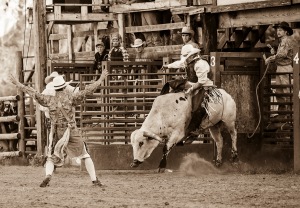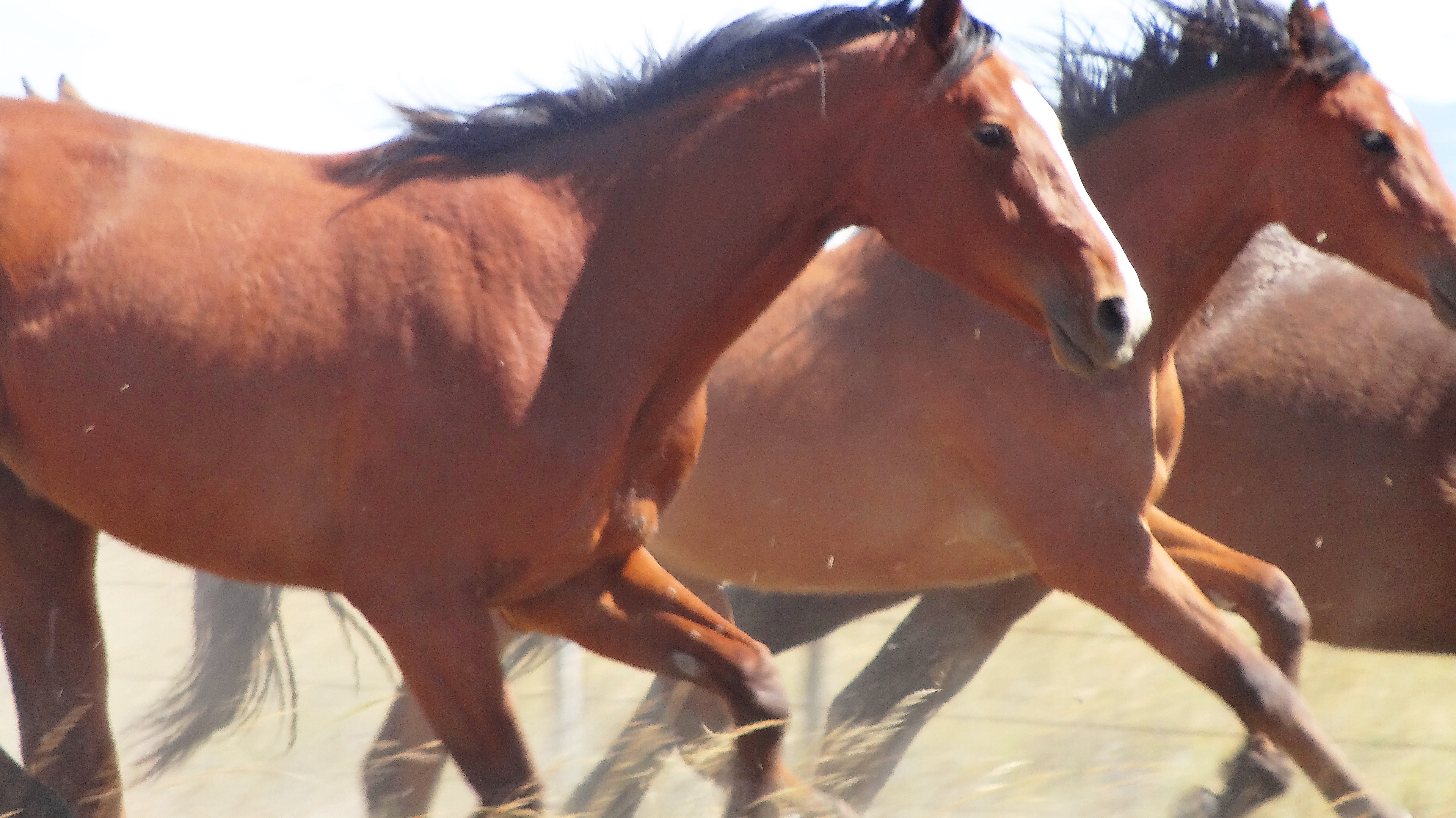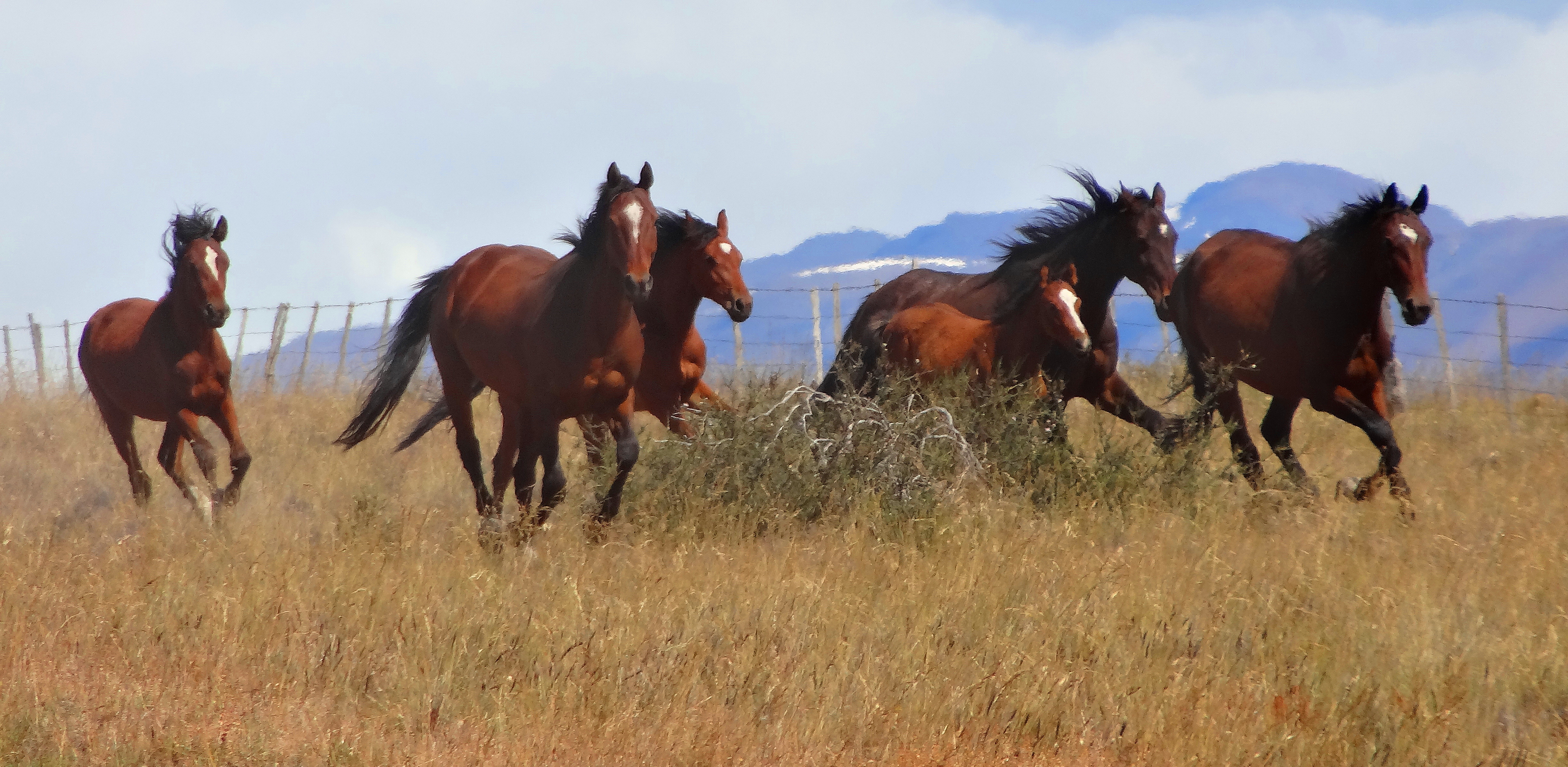Dead Flies Tell No Tales
It may be an act of rebellion, my way of raling against the light speed at which words hurl across borders and continents through cyberspace, but the fact is, I still use a postage meter in my office. I love it for its obsolescence. Though sleekly modern, with a curvaceous control panel and software brain, its underlying, barely necessary utility reminds both sender and recipient — far more than any PDF file could ever do — that there still exists something tangible in this click-open-click-delete culture: the envelope. A number 10 and its contents — folded, licked and sealed, and containing enough DNA to convict the sender of a serious felony — is something substantial that passes from human hand to human hand, regardless of where those hands have been.
Perhaps it’s my nature that makes me love things that others discard as past their usefulness; it would explain both my love life and my obsession with pens and stationery. I was once at one of those big box office supply stores, ordering a new chair for my office, when the woman helping me mentioned that I looked familiar. I have one of those faces, I explained; I always look like someone’s cousin or sister or some unnamable actress. She shook her head. Then her face lit up with the spark of recognition. I know you, she said. You’re the one who lingers in the pen aisle. I imagined at once all of the employees in the break room, talking about “the regulars”. You know, the one who sits in every chair in the store like Goldilocks but never buys one. The guy who buys a single packet of neon green Post-It notes every Wednesday afternoon. Mortified, I silently nodded, admitting I’d been made.
Admittedly, I have the ability to go almost completely paperless in the office and would gain over 15 feet of wall space currently occupied by 15 full, five-drawer filing cabinets of papers, but it terrifies me to think what I would do without hard copies of my work. Were I to even dip a toe into that netherworld of record keeping; the back-up to the back-up to the back-up would most certainly fail and me, in short order, thereafter.
It’s a fact that I don’t trust my computer. Anything that hides behind a veneer of usability and does things I don’t ask it to do is too much like the ex-boyfriend that was harder to dispose of than my previous computer and about as toxic to the environment.
Say “Okay Boomer” all you want, but the faith I have in the U.S. Postal Service illustrates an undiminished child-like wonder of a world in which I so obviously no longer fit.
My generation still viscerally recalls mimeographed quizzes in grade school, the way each of us lifted the purple paper to our noses to inhale that unmistakable aroma as soon as the paper fell upon our desks. I wrestled with carbon paper in typing class, never quite mastering it before its successor, the copier, arrived, which, while more congenial, sacrificed personality for function. In college, the university computer was a building the size of a football field, and spoke in languages as alien to English as Martian. The predecessor to the over-friendly little paperclip guy was a grumpy computer science major who instructed you how sort your three hundred, hand-punched keycards of data and told you when to retrieve the 20 pound mound of paper with the holes along each side.
In my first job, there was a tele-type machine over which you could send and receive brief bits of correspondence overseas. Memory typewriters replaced Selectrics, then were made obsolete by word processors, followed by early mainframe computers until we arrived at personal computers in all their configurations. Today, if I wanted to, I could simultaneously receive a phone call, an email, a fax, a text message and surf the Web on a device smaller than a full deck of cards, although I am now too old to read any of it without my reading glasses, thus making this miracle of technology rather beside the point for anyone over 42.
I blame fax machines for sparking the frenzied way we now conduct business. No sooner would a facsimile finish sliding through your end of the connection than the phone would ring, the sender wanting an answer to a question you hadn’t had time yet to read.
On the day we all got email, it signaled the end of face-to-face conversation. Even a complete idiot can master emailing, and almost all of them did. And forwarded it to me, with subject lines like “You Know You’re A Redneck When..”, or “Send This To 25 People And Your Wish Will Come True.” People will say things in an email they would never say to each other in person. And though we all worked in the same office, most of us only saw each other coming or going from the bathrooms. Somehow, asking “how’s it going?” at those brief encounters seemed, well, unseemly.
Of course, almost none of this explains the dead fly.
When I opened my own business, my first office was squeezed into the spare bedroom of the house I was then renting. How I also fit a part-time assistant, a copier, two desks, a few file cabinets, a printer, a fax machine, two computers, and two chairs into a room slightly larger than a hotel elevator, I can’t imagine today, especially given that I have a fear of both clutter and tight, enclosed spaces.
When the business survived and thrived, it traveled with me through another couple of houses (and various permutations of assistants) to a five acre horse farm with a spacious barn. I employed two local builders, Special Ed and his partner, Up Chuck, to build a large office space for me in the barn. It was a slow process, but, at the end, I was thrilled with the room and thankful, finally, for a Monday I didn’t have to bail one of them out of the drunk tank at the county jail to get them back on the job. I showed my appreciation to Ed and Chuck by giving them both 12 packs and passing them along to their next customer.
In my new space, of course, I had a place for everything, including a new pine desk and a new part-time assistant. As a deeply compassionate person, it has always been known about me that I will hire the un-hirable. If someone is one small paycheck away from living on the streets or moving back with their parents at age 45, that person met my hiring criteria. An alcoholic or drug addict? Even better. I believed I was giving someone a leg up, that people will rise to the level of the job if only given the opportunity. One need only to peruse the state of my files to see the level of my delusion.
People will often comment on my idyllic situation during phone conversations we are having when those people are working in Los Angeles or New York. Yes, I tell them, I am fortunate to be able to work while watching my horses graze peacefully in the pasture outside of the office window, with my dogs lying at my feet. For people in cramped city cubicles, enduring hours of commuting, I like to tell them, yes, you too can do this, have this, you just have to make the leap and the net will be there. I’m sure they don’t believe me any more than I believe these words as they fall out of my mouth, but it sounds good anyway.
One day, however, my phone rang, and I answered it in my usual way, simply saying my name.
“Are you trying to threaten me?” said an unfamiliar voice.
“I’m sorry,” I said, “but are you sure you have the right number?”
“Is this Lisa Thomas?” the voice asked in a menacing tone.
“Well, yes, it is,” I replied, drawing out the last word so that it lasted about six seconds in a leading sort of way.
“Are you threatening me?” the voice demanded again.
“Do you feel threatened?” I asked, motioning to my then-assistant with my index finger swirling around my temple, in the “I have a crazy person on the phone” manner.
“You are a sick, sick person,” said the voice.
“I’m sorry?:? I have no idea what you’re talking about,” I replied.
“What’s with the fly?” the voice insisted.
“The fly? Really, I don’t know what you’re referring to. Who is this?” I said, just on the brink of putting the receiver in its cradle.
“This is Stephen, in the licensing department. You’ve been sending me letters for six months about some licenses you want, but this one had a dead fly in it. Is that some kind of threat?”
“Huh? A dead fly? In our follow-up letter?” I looked over at my assistant who suddenly busied herself shuffling through papers. “Hang on a minute, will you?” and I put the call on hold.
“Cherry? Do you know anything about a dead fly in a follow-up notice to this guy?” I said to her back.
Silence. More shuffling.
“Cherry? The fly?”
“Well, kinda,” she mumbled. Then she looked up at me from underneath her shaggy blonde bangs like a dog that is anticipating a whack on the nose with a newspaper.
I went back to the phone, took the caller off hold.
“Stephen, I’m terribly sorry. It must have gotten into the envelope by mistake – my office is in my barn and we have flies buzzing around all day. I don’t know how it got into your envelope, but it wasn’t meant to be a threat or a joke or anything. Whenever you can send the documents, we’d appreciate receiving them. Thanks.”
“Well,” he said, “I guess so. It was kinda weird. Sorry I went off on you.”
“Not a problem. Guess we got your attention anyway, eh?” I weakly chuckled before saying goodbye. Then I turned to Cherry, who was now gathering her purse together and tidying up her desk.
“You want to tell me about it?” I asked.
As she dissolved in tears, suspecting that this was going to be her last few minutes in my employ, she explained her system of handling our outstanding matters.















